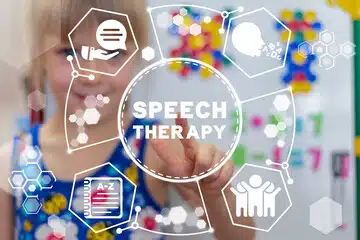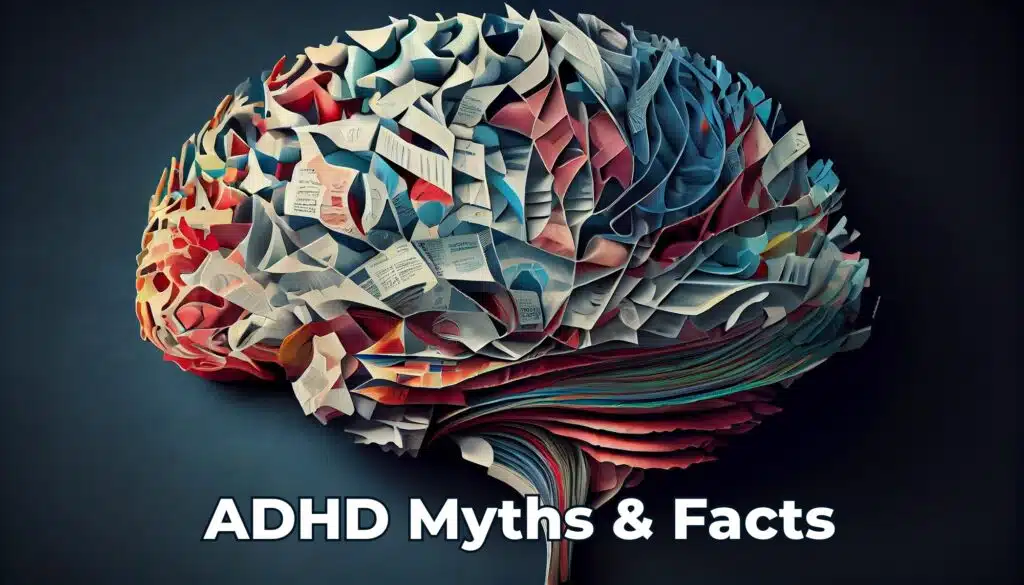Tourette Syndrome (TS) is a type of Tic disorder of the nervous system which causes an individuals to involuntarily make a variety of tics, which are sudden movements, twitches or sounds. Individuals with TS find it almost impossible to control their Tics and while a person may be able to stop a certain tic for a while, it isn’t easy and eventually the tic comes back.
Types of Tics
- Motor – these tics involve movements of the body. A few examples of motor tics are jerking an arm, shrugging the shoulders and blinking.
- Vocal — these tics are sounds that people make with their voices. Some examples of vocal tics are clearing the throat, yelling out a phrase or word and humming.
These types of tics can be categorised into either:
- Simple tics — involve only a few parts of the body, for example sniffing and squinting.
- Complex tics — involve many different parts of the body and may have a pattern, for example jerking an arm while bobbing the head and then screaming.
Symptoms of Tourette’s Syndrome
Tics are the main symptoms of TS and usually appear when a child is aged between 5 and 10 years old. Initial symptoms are often motor tics seen in the neck or head area. Tics tend to worsen during exciting or stressful periods. Tics are likely to improve when a person is focused on an activity or is calm.
Usually, tics diminish during adolescence and early adulthood and sometimes disappear entirely. However, some people with TS experience tics into adulthood, and on occasion can worsen depending on life circumstances.
The media often portrays people with TS as constantly repeating the words of others (echolalia) or involuntarily shouting out swear words (coprolalia), but these symptoms are rare and are not needed for a diagnosis.
Causes of Tourette’s
The exact causes of are not known, but research shows that it may be passed on from parents to children through their genes.
Diagnosis of Tourette’s Syndrome
There is no test to diagnose TS. Health professionals study a person’s symptoms to diagnose TS and other tic disorders. Tic disorders differ from each other in terms of the sort of tic present (vocal, motor or a combination of them), and how long the symptoms have been present. Tourette’s can be diagnosed if someone has both vocal and motor tics and has had symptoms for a minimum of one year.
Most children who are diagnosed with TS have at least one more developmental, behavioral or mental disorder such as anxiety, obsessive-compulsive disorder (OCD) or attention-deficit/hyperactivity disorder (ADHD). It’s essential to find out if someone with TS has any other conditions and treat those conditions accordingly.
Treatment of Tourette’s
Unfortunately there is no simple cure for TS, but treatments are available that help individuals to cope and manage their tics if they find them interfering with their daily lives. This can include behavioral treatments and medication if the tics cause stress, pain or injury, or interfere with work, school or social life.
What should you do if you think your child has Tourette’s Syndrome?
If you think your child may have TS, please share your concerns with their GP and consider a referral to a specialist for an in-depth evaluation.
References:
https://news.childrensmercy.org/tourette-syndrome-the-need-for-awareness-and-patient-access/



